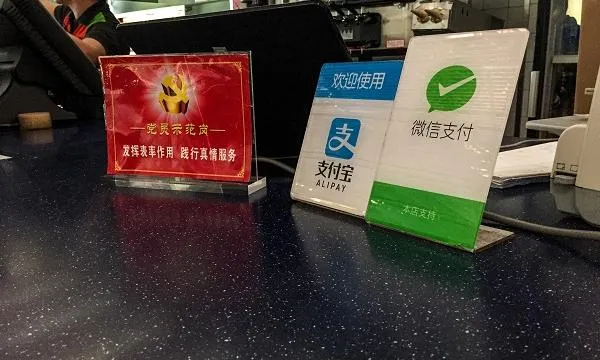
China's tech titans leave little space for foreign players
AliPay and WeChat command 93.7% of the fintech market.
Although China has been slowly opening its financial services sector, foreign players will find it hard to break into China's massive fintech market due to the dominance of Alipay and WeChat, according to Fitch Solutions.
The government has moved to liberalise the financial sector, pledging to end ownership limits for foreign investors in the sector by 2020. Amongst the policies outlined include six priorities which, when viewed collectively, “highlight the state’s role in the strategic deployment of fintech, largely through improving forward-looking, top-level design, whilst also highlighting initiatives to mitigate financial risks from unchecked growth of fintech, and steps to diversify financial services channels,” reported Fitch Solutions.
The new guidelines also solidify the state’s control on the systems used in financial markets, the report added.
But Fitch Solutions believe that this will have little effect for foreign investors who they view will likely struggle to compete with the more dominant locals.
Currently, Ant Financial’s AliPay and Tencent’s WeChat dominate 93.7% of the total market share by usage. The competition between these two well-capitalised companies mainly drove the sector’s growth as the two fought to outdo the other in the payments, microloans, business financing, and wealth segments.
Also read: China's fintech ecosystem is scaling faster than the US and Europe
US-based company PayPal became the first foreign player in the country after it acquired local payments company GoPay. The central bank greenlighted the acquisition in September 2019. However, PayPal is unlikely to launch a consumer-focused offering where it will directly compete with AliPay and WeChat, said Fitch Solutions.
Instead, PayPal is expected to provide payments clearing services for companies. GoPay possesses licences that allow it to offer online, mobile, and cross-border renminbi (CNY) payments, as well as to issue prepaid instruments, such as debit cards.
On the other hand, the P2P lending segment could be revived again as the People’s Bank of China (PBoC) introduced new requirements mandating companies to set aside general risks reserves, and provisions for bad loans. However, Fitch Solutions noted that it is unlikely to hit the same numbers it once did, which peaked in 2015 with over 3,000 lenders.




![Lorem Ipsum [ABF 1]](https://cmg-qa.s3.ap-southeast-1.amazonaws.com/s3fs-public/styles/exclusive_featured_article/public/2025-03/a_hand_pointing_to_a_futuristic_technology_5b87c9d0e3_1.png.webp?itok=2w0y1WhS)


![Cross Domain [Manu + SBR + ABF + ABR + FMCG + HBR + ]](https://cmg-qa.s3.ap-southeast-1.amazonaws.com/s3fs-public/styles/exclusive_featured_article/public/2025-01/earth-3537401_1920_4.jpg.webp?itok=WaRpTJwE)







 Advertise
Advertise

